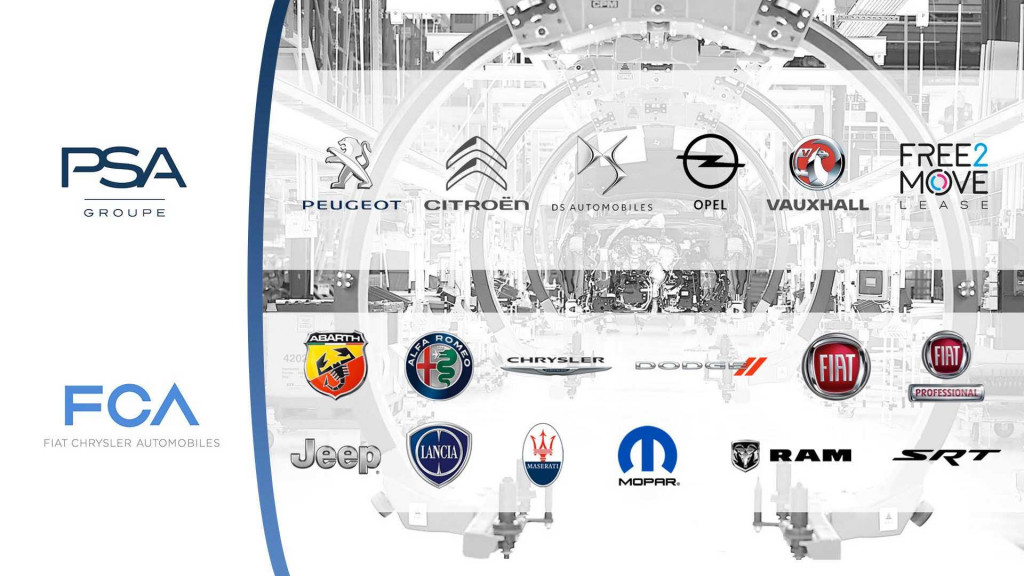Fiat Chrysler Automobiles and France's PSA Group have been merged to form the new company Stellantis, an automotive behemoth comprising 13 brands (and even more if you count sub-brands).
Serving as CEO of Stellantis is Carlos Tavares, currently head of PSA Group and a known stickler for keeping a lid on costs. As a result, he is likely to streamline the operations at Stellantis after he takes control at the end of January.
After becoming CEO of PSA Group in 2014, Tavares managed to return the company to profitability after years of losses. He also oversaw PSA Group's purchase of Opel from General Motors in 2017 and was able to return it to profitability within a year—despite GM failing to do so for almost two decades.
Most of Stellantis' brands have multiple models, but there are two with limited offerings that could make them potential targets for the chopping block, Associated Press reported Sunday citing comments from industry analysts. One is Chrysler which only has the Pacifica minivan and aging 300 sedan, and the other is Lancia whose single model, the Ypsilon hatchback, is exclusively sold in Italy.

FCA and PSA Group brands
A limited range isn't the only challenge for Chrysler as the brand is known mostly for its sedans, a segment that is losing out with buyers in North America. One possible outcome is Chrysler becoming a mobility brand—something that will become important as self-driving technology matures.
Other brands at Stellantis include Peugeot, Citroen, DS, Opel/Vauxhall, Dodge, Jeep, Ram, Fiat, Alfa Romeo and Maserati.
Even at brands Stellantis keeps, some slow-selling models as well as those that generate a lot of emissions could be dropped. Sharing of platforms and powertrains is also likely to be increased to further improve efficiencies and cut costs.
We should know more in the months ahead, including whether Tavares plans to stick to his 2019 promise of reintroducing Peugeot in the United States. Stay tuned.
